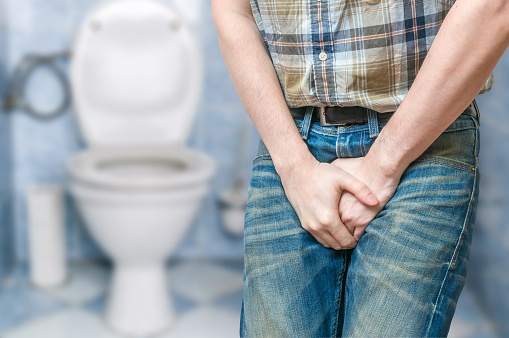Swollen colon treatment: Home remedies and foods to eat
Seeking swollen colon treatment can often lead you to take over-the-counter medication to help relieve its symptoms. While not all cases of a swollen colon should be managed on your own, there are some instances where symptoms are mild enough that simply making a few modifications to your lifestyle can help control the condition. Cases ...click here to read more














